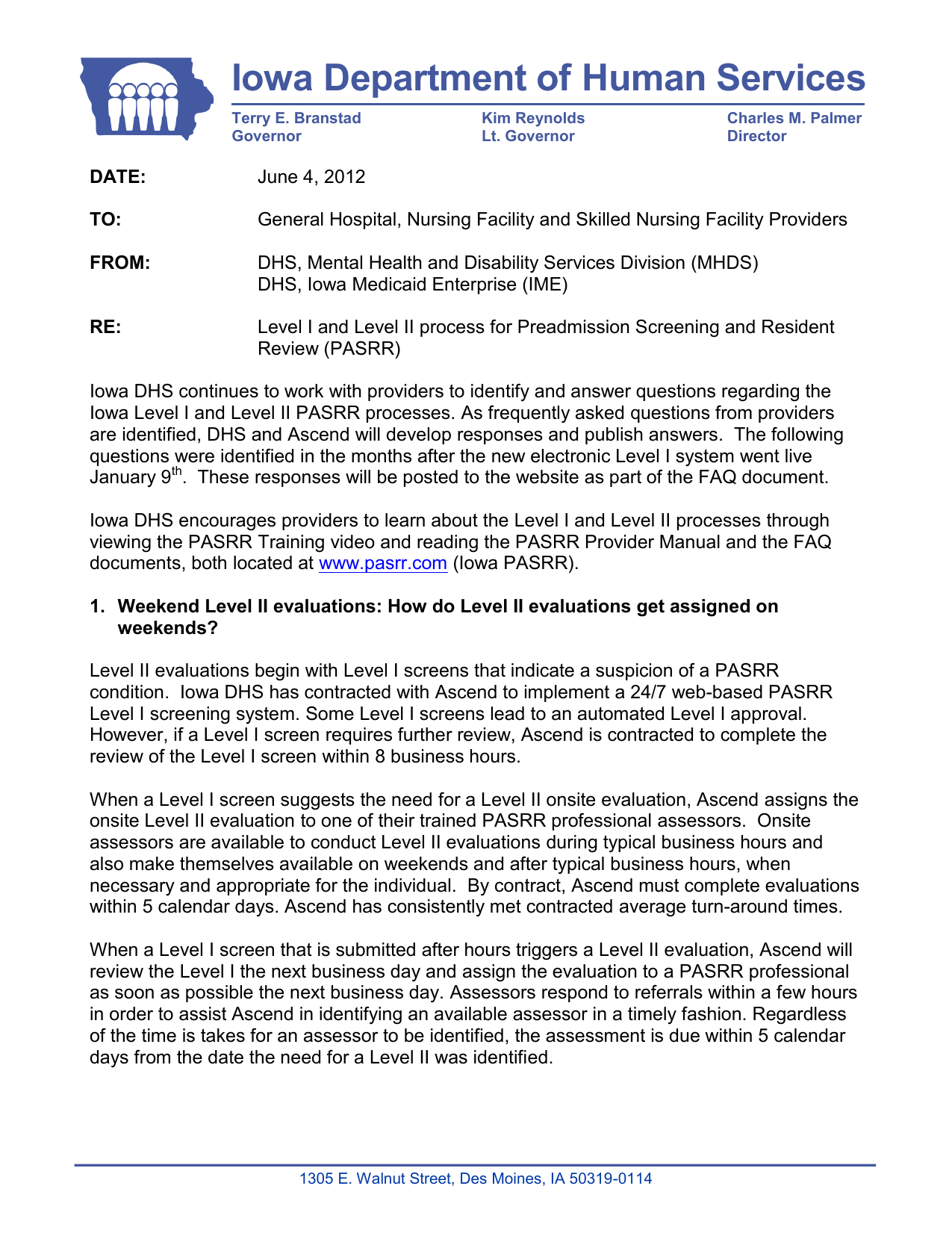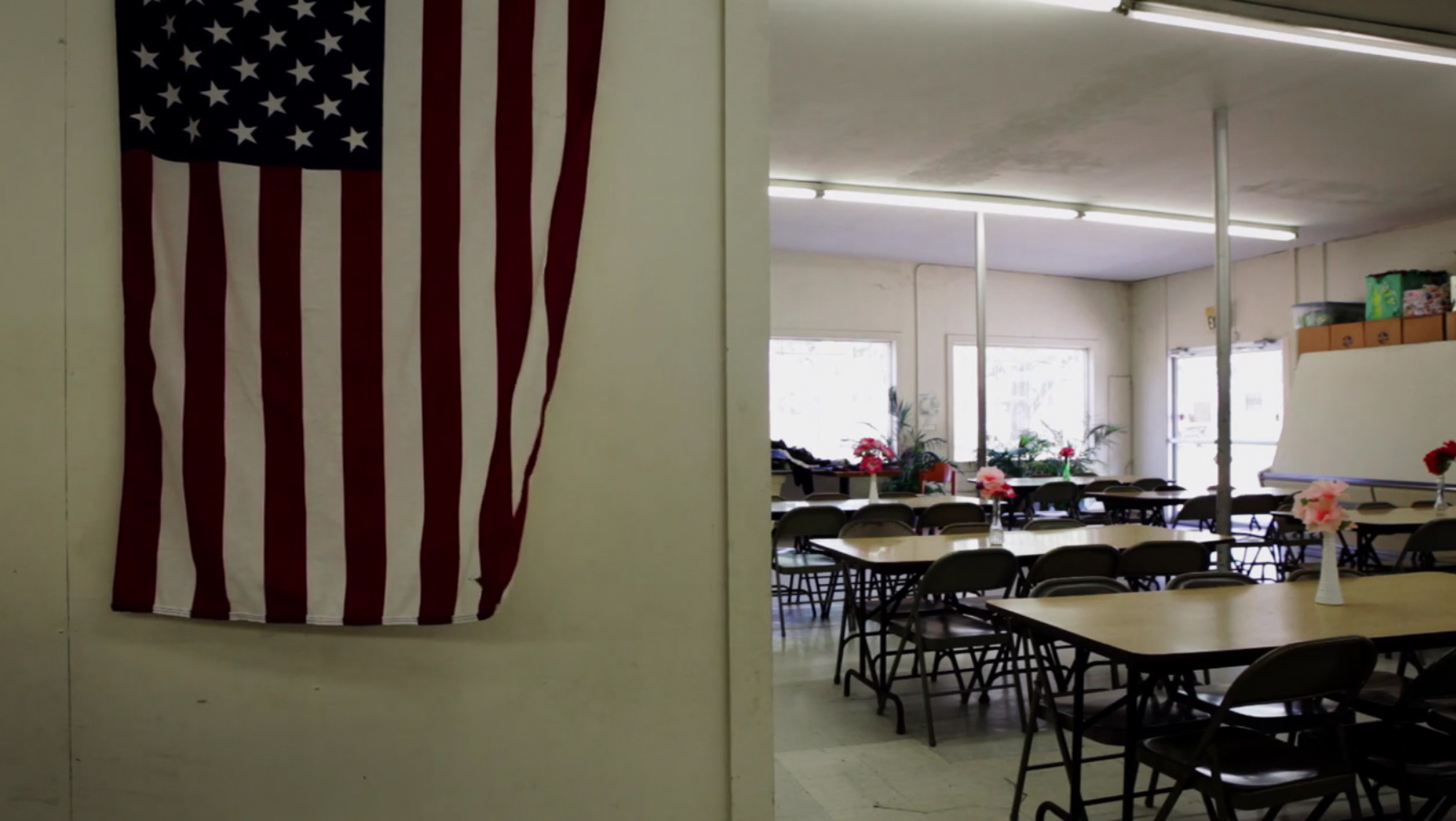Table of Content
- Could My Loved One Get Nursing Home Care Through Medicaid
- TERRA VISTA REHAB AND HEALTH CENTER
- Eligibility Criteria For Florida Medicaid’s Long Term Care Programs
- Followed By A Face To Face Meeting
- Lie #: Having Your Name On The Elders Assets Can Protect Them From The Nursing Home
- Need Help With Your Elder
Reverse mortgage loans do need to be repaid with interest, typically within 12 months of receiving the loan. While Medicaid and Medicare are two of the most common programs used to pay for Nursing Home Care, there are other financial assistance options available, depending on your unique situation. Some nursing homes wont accept Medicaid patients outright, but the law forbids them from throwing you out if you become dependent on Medicaid when you are in their care. The CARES assessment, along with input from your treatment providers, will help your plan determine whether the particular long-term care service that you want is medically necessary for you. Specific to each state, the general or usual responsibilities of the NF are shaped by the definition of NF service in the state’s Medicaid state plan, which may also specify certain types of limitations to each service.
We can help with placement or assist with medical evaluations to see what arrangement is most likely to provide the proper care and treatment for your loved one. We do not receive a commission or share in any fees from the law firms we work with. You will retain and pay the attorney directly and have a direct personal legal consultation with the attorney. What that means is there is a maximum amount of income the applicant can receive or they do not qualify. The good news is that if the Medicaid applicant is over the income cap there is something that can be done to become eligible and it ultimately makes no difference in the amount paid to the provider of long term care.
Could My Loved One Get Nursing Home Care Through Medicaid
Individuals will receive their benefits through a single plan from a managed care organization and its network of healthcare providers. However, some of the non-medical benefits, like personal care and housekeeping, can be consumer directed, which means the program participant can have someone of their choice provide, and get paid for providing, those benefits. Because Medicaid applicants are required to meet certain income and asset limits, its not uncommon for some seniors to transfer their asset in an effort to qualify for coverage. If you or your loved one’s assets are not currently under $2,000.00 and/or if their income is not currently below $2,349.00 , then it is imperative that you contact an experienced elder law attorney who focuses on Medicaid planning. We can show you how to legally and ethically protect your income and assets without having to wait five years, without having to sell your house, and without having to go broke first.

If the applicant lives in their home and the home equity interest is less than $636,000 , then the home is exempt from the asset limit. Home equity interest is portion of the home’s equity value that the applicant owns, and the home’s equity value is the current value of the home minus any outstanding mortgage / debt against the home. If the applicant’s spouse, minor child, or blind or disabled child of any age lives there, the home is exempt regardless of the applicant’s home equity interest, and regardless of where the applicant lives. If none of the above-mentioned people live in the home, the home can be exempt if the applicant/beneficiary files an “intent to return” home and the home equity interest is at or below $636,000.
TERRA VISTA REHAB AND HEALTH CENTER
Limited long-term care services, such as personal care assistance or adult day care, may be available. We specialize in helping families understand these rules that are complex and continuously changing eligibility guidelines for Florida’s Long Term Care government programs. When a family member requires a long-term care nursing home or assisted living facility, you may prefer to have the Medicaid Application specialists on your side–people who understand your Medicaid options. For married applicants with both spouses applying, the 2022 asset limit for the SMMC Program is $3,000 combined between the two applicants/spouses, and the income limit is a combined $5,046 / month.
Medicaid is a wide-ranging, jointly funded federal and state health care program for low-income individuals of any age. While there are various eligibility groups, including pregnant women, children, and disabled individuals, this page focuses on Medicaid eligibility, specifically long-term care, for Florida senior residents . In addition to care services in nursing homes, adult foster care homes, and assisted living facilities, FL Medicaid pays for non-medical services and supports to help frail seniors remain living in their homes. Florida residents have to meet an asset limit and an income limit in order to be financially eligible for Nursing Home Medicaid.
Eligibility Criteria For Florida Medicaid’s Long Term Care Programs
These services might include community behavioral health, prescription medications, visual, dental, transportation, hospice, nursing home, home health care, family planning, hospital, doctor visits, and more. We charge a very reasonable fee based on what the applicant’s needs are depending on the complexity of your customized Medicaid plan. Each state operates its own Medicaid system, but this system must conform to federal guidelines in order for the state to receive federal money, which pays for about half the states Medicaid costs.
Use of this content by websites or commercial organizations without written permission is prohibited. This site is for information purposes; it is not a substitute for professional legal advice. By using our website, you agree to our terms of use and privacy policy.
ROSEWOOD HEALTH AND REHABILITATION CENTER
The best way to find a Medicaid facility is to contact the nearest Area Agency on Aging . To qualify for Florida’s LTCMC program, you must require a nursing home level of care. There are several different Medicaid long-term care programs for which Florida seniors may be eligible. Further complicating eligibility are the facts that the criteria vary with marital status and that Florida offers multiple pathways towards eligibility.
For a married applicant with just one spouse applying for the SMMC Program, the applicant spouse has a $2,000 asset limit and a $2,523 / month income limit for 2022, and the non-applicant spouse has a $137,400 asset limit and no income limit. Medicaid will cover the cost of long term care in a nursing home for eligible Florida residents through its Nursing Home / Institutional Medicaid. This includes payment for room and board, as well as all necessary medical and non-medical goods and services. These can include skilled nursing care, physician’s visits, prescription medication, medication management, mental health counseling, social activities and assistance with Activities of Daily Living .
A Florida assisted living facility provides room, board, and personal care services, such as help with dressing, moving, bathing, taking medication, and general care of your physical and mental wellbeing. AFCHs have no more than five residents, and the operator of the home must live in the home. To qualify for Florida's LTCMC program, you must require a nursing home level of care. Veterans who receive a VA pension may also be eligible for the Aid and Attendance benefit, a monthly cash allowance that veterans receive in addition to their standard pension amount.

The state will consider an applicant’s income and owned assets for Medicaid eligibility for nursing home care. As of 2020, the individual income limit is $2,349 per month, and double that for couples. The asset limit for a single applicant is $2,000 for an individual and $3,000 for a couple, but there are many assets that will be exempt from counting toward this eligibility standard. During the process of determining financial eligibility, it’s important to start gathering documentation that clearly details the financial situation for the Florida Medicaid applicant.
Ten states, referred to as the 209 states have set income requirements that are more restrictive than SSI requirements. These ten states are Connecticut, Hawaii, Illinois, Minnesota, Missouri, New Hampshire, North Dakota, Ohio, Oklahoma, and Virginia. Semi-Private Room $8,547Private Room $9,387For low-income Florida seniors without health insurance or whose insurance does not cover their needs, Medicaid provides financial assistance for healthcare and related expenses.


No comments:
Post a Comment